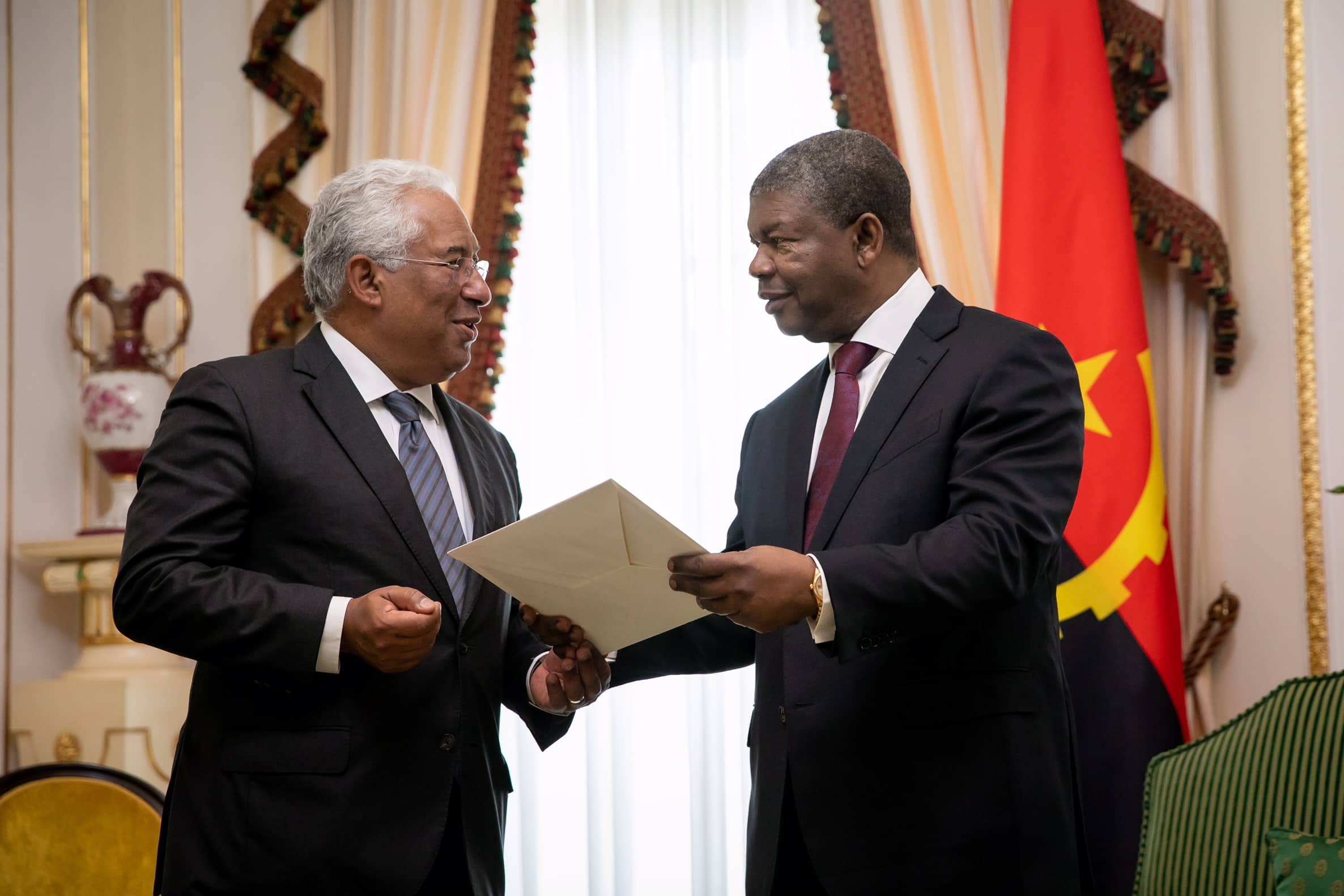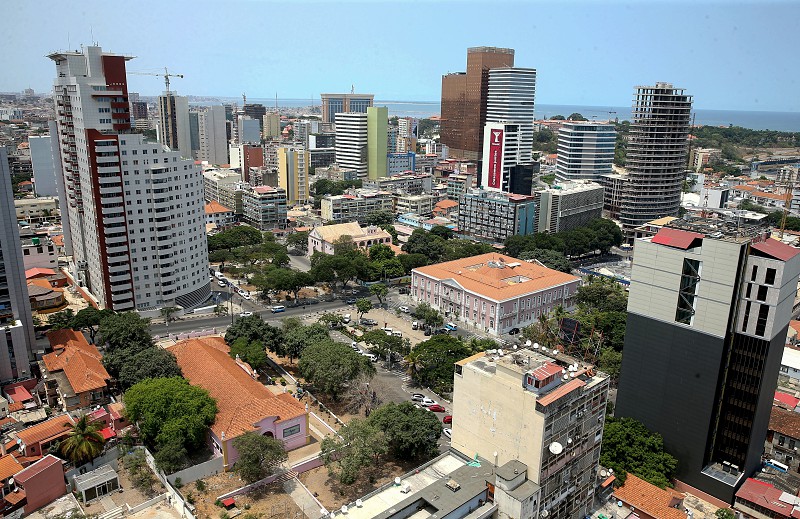Angolan President João Lourenço welcomes the state of relations with Portugal on the eve of receiving the Portuguese Prime Minister, and calls on Portuguese companies to invest more to diversify his country’s economy.
“Relations are very good, they have never been as good as they are today, what we need is to increase Portuguese investment in Angola and wherever possible,” said the Angolan president in a joint interview with Lusa and Expresso.
João Lourenço said he expected António Costa’s visit on June 5 and 6 to “stimulate relations of friendship and economic cooperation between the two countries”, and that he saw the increase in a credit line for investment as an incentive for companies to move.
One of the agreements to be signed in Luanda during António Costa’s visit is precisely the increase in the credit line from 1.5 billion to 2 billion euros, negotiated in early April during a visit by Portuguese Finance Minister Fernando Medina.
This permanent line of credit guarantees payment to the company in the event of default by the Angolan state, and enables the financing of defined projects in Angola.
According to João Lourenço, the export credit “encourages Portuguese companies to set up in Angola, as they feel more comfortable and have the guarantee that what they come to do in Angola is covered by this credit”.
According to the Angolan government representative, the credit should be used, “in principle”, for infrastructure construction, in particular the construction of the Muxima basilica and a number of national roads.
João Lourenço also mentioned certain sectors of the economy in which Luanda would like to see more Portuguese investment.
“Where we want more private foreign investment is in agriculture and livestock, tourism – where Portuguese investment is lower than in other countries – (…), agriculture, fishing, industries, apart from the oil industry”, he declared.
For Mr. Lourenço, Luanda would also like Portuguese investors to acquire more of the assets sold in the ongoing privatizations.
“There are a large number of assets in the public sector that we want to transfer to the private sector, and Portuguese investors are invited to buy these assets,” he said.
He also noted that “Portuguese investment has not decreased, but we are not yet satisfied, we think there is still a lot of room for growth, there could be much more than Angola has received”.
According to the Angolan head of state, this only depends on the ability of the Portuguese business community to increase its presence, because – he insists – “interest [in Angola] has never ceased, interest has always been great”.
In the interview, President João Lourenço also acknowledged that Luanda is “in default” with some Portuguese companies regarding unpaid loans, with around 100 million euros of what is known as “certified debt”, which is recognized by the Angolan state, yet to be paid.
“I’m referring to the certified debt, which amounts to around 500 million euros, just over 500 million,” he said, pointing out that of this amount, Angola had paid almost 400 million.
“This means that we have defaulted on our obligations to certain Portuguese companies to the value of around 100 million euros, as far as the certified debt is concerned”, said the Angolan leader.
As for the “uncertified” debt, it amounts to around 200 million euros and has yet to be validated by the Angolan authorities.
Another important aspect of relations between the two countries is the fate of Sonangol’s stakes in Millennium BCP and Galp, as well as in Efacec.
Regarding Galp’s decision to sell the oil blocks it held in Angola, João Lourenço limited himself to saying: “It’s obvious that if they stayed, it would be better, but they will have their reasons for withdrawing”.
As for the possibility of Sonangol selling its stake in these Portuguese companies, Mr. Lourenço said that no decision had been taken. “If one day there is an interest on Sonangol’s part, that interest will be shown, otherwise, all’s well, we’ll carry on,” he declared.
As for the fate of Efacec, which was nationalized by Portugal, Mr. Lourenço said that the Portuguese government “has not taken any measures without consulting the Angolan authorities”.
“In the context of asset recovery, the important thing is that Angola does not lose out and, in principle, we have ensured that Angola does not lose out. The only guarantee I can give is that Angola’s interests will always be safeguarded”, he concluded.









